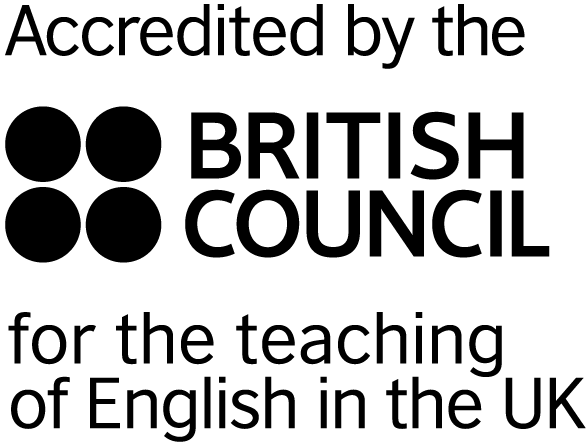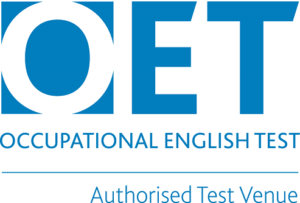
Information landlords must give tenants
Once your landlord has received your deposit, they have 30 days to tell you:
- the address of the rented property
- how much deposit you’ve paid
- how the deposit is protected
- the name and contact details of the tenancy deposit protection (TDP)
- scheme and its dispute resolution service
- their (or the letting agency’s) name and contact details
- the name and contact details of any third party that’s paid the deposit
- why they would keep some or all of the deposit
- how to apply to get the deposit back
- what to do if you cannot get hold of the landlord at the end of the tenancy
- what to do if there’s a dispute over the deposit
More information available at Gov.uk

Tenancy agreement
A tenancy agreement is a contract between you and a landlord. It lets you live in a property as long as you pay rent and follow the rules. It also sets out the legal terms and conditions of your tenancy. It can be written down or oral (a spoken agreement).
A tenancy can either be:
- fixed-term (running for a set period of time)
- periodic (running on a week-by-week or month-by-month basis)

Your rights
As a tenant, you have the right to:
- Live in a property that is safe and in good condition
- Have your deposit returned when the tenancy ends – and in some circumstances have it protected
- Challenge excessively high charges (e.g. bills you think are far too high)
- Know who your landlord is
- Live in the property undisturbed
- See an Energy Performance Certificate for the property
- Be protected from unfair eviction (being asked to leave the house/flat before the end of your tenancy agreement) and unfair rent
- Have a written agreement if you have a fixed-term tenancy of more than 3 years
If you have a tenancy agreement, it should be fair and comply with the law.
If you don’t know who your landlord is, ask (in writing) the person or company you pay rent to. If they do not give you this information within 21 days, your landlord may be fined.

Your responsibilities
You should give your landlord access to the property to inspect it or carry out repairs. Your landlord has to give you at least 24 hours’ notice and visit at a reasonable time of day, unless it’s an emergency and they need immediate access.
You must also:
- take good care of the property, for example turn off the water at the mains if you’re away in cold weather
- pay the agreed rent, even if repairs are needed or you’re in dispute with your landlord
- pay other charges as agreed with the landlord, for example Council Tax or utility bills
- repair or pay for any damage caused by you, your family or friends
- only sublet a property if the tenancy agreement or your landlord allows it
Your landlord has the right to take legal action to evict you if you do not meet your responsibilities.
Contact us
Got a question about your accomodation? Speak to our friendly team today.












